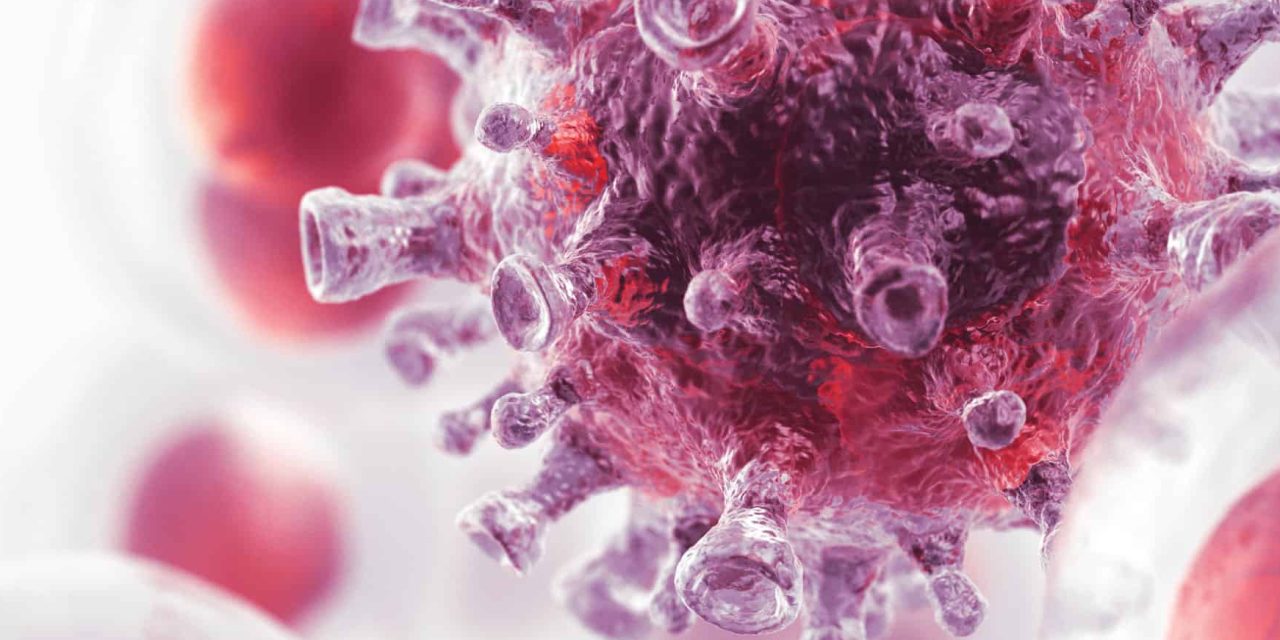The vast majority of children infected with SARS-CoV-2 have only mild symptoms and fully recover within two weeks, findings from the first-ever systematic review of pediatric and adolescent Covid-19 cases found.
The review, which included 18 studies with a total of 1,065 pediatric patients, was published April 22 in JAMA Pediatrics. The cohort mostly involved early cases reported from China.
Just one case of severe Covid-19 infection was reported in the analysis, occurring in a 13-month-old infant who developed pneumonia, shock, and acute kidney failure. The infant received an aggressive treatment protocol and recovered.
However, while the findings are reassuring, they do not tell the whole story.
As of April 24, the CDC identified three deaths from Covid-19 in the United States among children younger than age 15 years, including two deaths in children between 1 and 4 years of age.
And, earlier this week, it was reported that the young daughter of two first responders in Detroit died from complications of Covid-19.
Five-year-old Skylar Herbert died on April 19 in a Detroit hospital after being on a ventilator for 2 weeks. She had tested positive for SARS-CoV-2 in March and she developed a rare form of meningitis and brain swelling while hospitalized.
A case of late-onset neonatal sepsis linked to Covid-19 in a 3-week-old boy was also reported this week in New England Journal of Medicine.
The infant, born late preterm, had received a 48-hour course of antibiotics for suspected neonatal sepsis soon after birth, but the sepsis work-up was negative and he was discharged.
He later presented to the ER at 3-weeks of age with a 2-day history of nasal congestion, tachypnea, and reduced feeding. Chest radiography showed bilateral linear opacities and he quickly deteriorated, requiring treatment in the pediatric ICU and intubation. Testing for SARS-CoV-2 was positive and chest radiography performed after intubation showed bilateral infiltrates and partial collapse of the right upper lobe.
The infant required 5 days of mechanical ventilation, but he recovered and was discharged on day 9 without supplemental oxygen.
Boston Children’s Hospital had admitted roughly 30 children due to complications from coronavirus illness by April 24, some of whom required mechanical ventilation.
Michael Agus, MD, who is chief of medical critical care at Boston Children’s Hospital, told BreakingMED that the hospital is averaging roughly two pediatric Covid-19 admissions a day, with 10 Covid-19 patients currently hospitalized, including four being treated in the ICU.
“We are seeing kids with the full range of illness,” he said, adding that, in addition to the two intubated patients, several others have had severe disease and had been considered possible candidates for intubation.
The vast majority of the hospitalized children also had chronic conditions generally affecting immune function. But among adolescents treated for coronavirus, obesity also appears to be a significant risk factor for hospitalization, Agus said.
“Obesity is an active inflammatory condition, and we believe this virus does its greatest damage via activation of inflammation,” he said. “Already having an inflammatory condition or having an impaired ability to manage the inflammatory process seems to be the setup in children for moderate to severe disease.”
The newly published retrospective review of pediatric Covid-19 cases included articles published from Dec. 1, 2019 to March 3, 2020 identifying SARS-CoV-2 infection in children and adolescents.
Eighteen studies with a total 1,065 participants (444 patients younger than 10 years; 553 ages 10 to 19 years) with confirmed SARS-CoV-2 infection were included in the final analysis. All 18 studies involved research performed in China, save for one clinical case in Singapore.
The children were mostly reported to have mild respiratory symptoms, which included fever, dry cough, and fatigue, or no symptoms at all.
Bronchial thickening and ground-glass opacities were the main radiologic features, and these findings were also reported in asymptomatic patients.
With the exception of the single case of severe infection, none of the children required oxygen or mechanical ventilation. No deaths were reported, and the researchers noted that available data on treatments given were limited.
“To our knowledge, this is the first systematic review that assesses and summarizes clinical features and management of children with SARS-CoV-2 infection,” wrote researcher Riccardo Castagnoli, MD, of the Pediatric Clinic Fondazione, Pavia, Italy, and colleagues.
“The rapid spread of COVID-19 across the globe and the lack of European and U.S. data on pediatric patients require further epidemiologic and clinical studies to identify possible preventive and therapeutic strategies,” they wrote.
At Boston Children’s, none of the pediatric patients treated for Covid-19 have died, and the two that required mechanical ventilation are now breathing on their own, Agus said.
“It’s true that, in general, kids are more resilient, and they respond better to therapy,” he said.
But he added that the experience at Boston Children’s shows that severe Covid-19 is not uncommon in children and adolescents, especially among those with pre-existing conditions that make them more vulnerable to the disease.
-
Most children with Covid-19 had mild disease and recovered within two weeks of presentation in a review of 18 studies with a total of 1,065 pediatric patients.
-
Just one case of severe Covid-19 infection occurred in a 13-month-old, and no deaths were reported in the systematic review; however, some children did become seriously ill, and the CDC reports that three U.S. children have died from the coronavirus as of April 24.
Salynn Boyles, Contributing Writer, BreakingMED™
The researchers reported no funding source or conflicts of interest related to this review.
Cat ID: 190
Topic ID: 79,190,254,930,287,574,730,933,190,926,138,192,927,151,928,925,934



Create Post
Twitter/X Preview
Logout